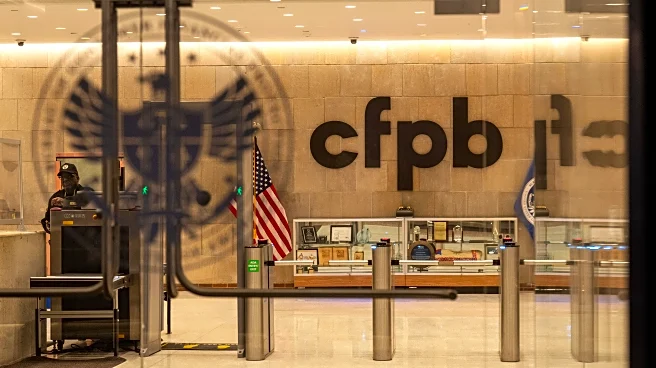Rapid Read • 8 min read
Chris O'Neill, CEO of GrowthLoop, has shared insights on how artificial intelligence (AI) is transforming his approach to leadership. O'Neill, who has previously led teams at Google, Evernote, and Glean, emphasizes that AI is not replacing human roles but enhancing his ability to lead more effectively. He describes how AI tools have helped him become more present and thoughtful, allowing him to focus on strategic thinking and mentoring rather than being caught up in the minutiae of daily operations. By integrating AI into his workflow, O'Neill has been able to offload routine tasks, such as document analysis and status updates, thereby reclaiming time for more meaningful leadership activities.
AD
The integration of AI into leadership roles signifies a shift in how executives manage their teams and operations. By leveraging AI, leaders like O'Neill can focus on strategic initiatives and foster a more human-centric approach to leadership. This transformation is crucial as it allows leaders to adapt to the fast-paced changes in technology and business environments. The ability to delegate routine tasks to AI agents can lead to improved decision-making, richer conversations, and more effective team management. As AI becomes more prevalent in workplaces, leaders who embrace these tools can potentially drive better outcomes and create a more dynamic and responsive organizational culture.
As AI continues to evolve, leaders are encouraged to rethink their roles and embrace AI as a tool for enhancing their leadership capabilities. O'Neill suggests that executives should focus on creating environments where their teams can thrive, rather than trying to control every aspect of operations. This involves investing in training, setting clear decision-making principles, and redesigning workflows to integrate AI effectively. The shift from traditional command-and-control leadership to a more collaborative and context-driven approach is expected to become increasingly important as AI tools become more integrated into everyday business practices.
The adoption of AI in leadership roles raises questions about the future of work and the skills required for effective management. As AI tools become more sophisticated, leaders will need to develop new competencies in managing AI-driven processes and fostering a culture of innovation. This shift also highlights the importance of ethical considerations in AI deployment, ensuring that technology is used to enhance human capabilities rather than replace them. The long-term implications of AI in leadership could lead to more inclusive and adaptive organizational structures, where human creativity and strategic thinking are prioritized.
AD
More Stories You Might Enjoy












